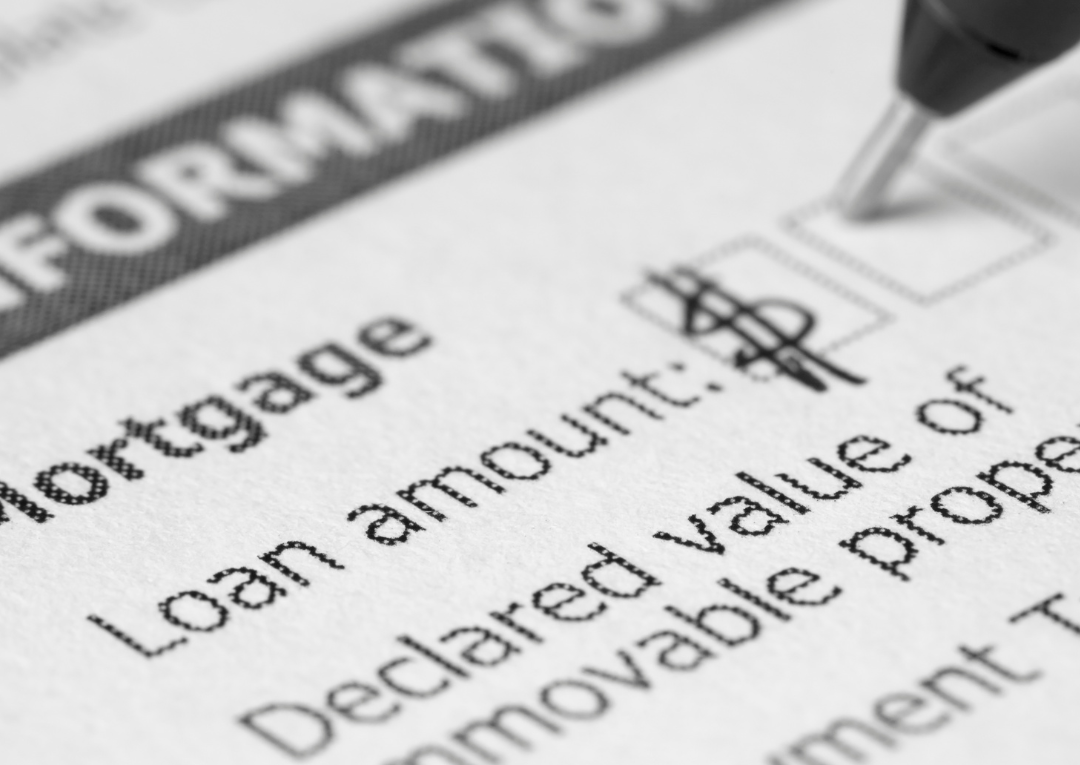Your Mortgage Application Checklist
Getting approved for a mortgage is often one of the hardest parts of buying a house. Whether you are just starting to consider the idea of buying your first home, or you’ve already found your dream house, and you are ready to move on it, having a mortgage application turned down can ruin your hopes and put your dream of buying your own home on hold for a little longer.
While a realtor can offer you advice and perhaps even put you in contact with a trusted mortgage lender or broker, they can’t, unfortunately, get the application approved for you. That part is up to you.
One of the best things that you can do to help your chances is prepare. Go into your mortgage meeting with all of the documents that you need, and you’ll make the process much easier. Here’s a look at some of the things that you need to take, as well as some tips on improving your chances.
Debts
Many people incorrectly believe that having debts will put an end to their dream of buying property. Often people don’t even apply because of loans, overdrafts, and credit cards. This isn’t the case. Debts are never good. But, as long as you can manage the repayments on top of your mortgage repayments, there’s no reason it should hurt you.
Lenders will, however, want to see statements from these accounts, showing that you make payments on time. It’s also a good idea to stop spending on them and to start paying off more than the minimum.
That said if you fail to make payments on time, or your debt utilization is very high, they can hurt your credit score, which will have a negative effect. So, read about how to fix your credit score and start making some changes before you even consider buying a house.
Bank Statements
Most lenders will ask to see at least three months’ worth of bank statements. This gives them a clear idea of your finances but also of how responsible you are with money. Your bank statement gives a lender a clear impression of who you are, and what your priorities are. They’ll know if you spend frivolously, or if you can save. They’ll know how quickly you spend your paycheck and what you spend it on.
To improve the appearance of your bank statements, try to curb your spending when you know you want to get on the housing ladder and cancel any subscriptions, contracts, and memberships that you can do without.
Pay Slips
If you are an employee, a lender or broker will want to see your last three months’ payslips and your last end-of-year report. If you are self-employed, this becomes two full years tax returns, sometimes three. If your accounts aren’t complete, you may want to see an accountant to have them verified. It’s also worth noting that some lenders are happy to accept printouts of these documents, whereas others want the original documents. Find out before your meeting to avoid wasting time and potentially losing your house.
Other documents they may wish to see, include a gift letter if you are using gifted funds as a deposit, a list of your assets, details of any benefits you claim and proof of your rental payments up until now.
